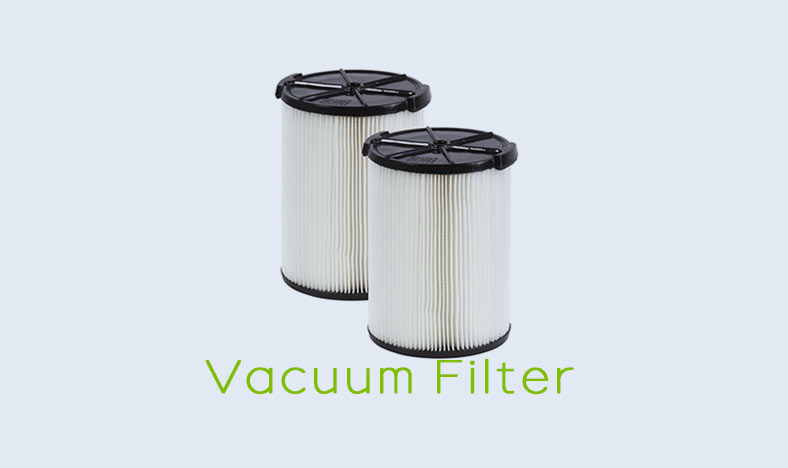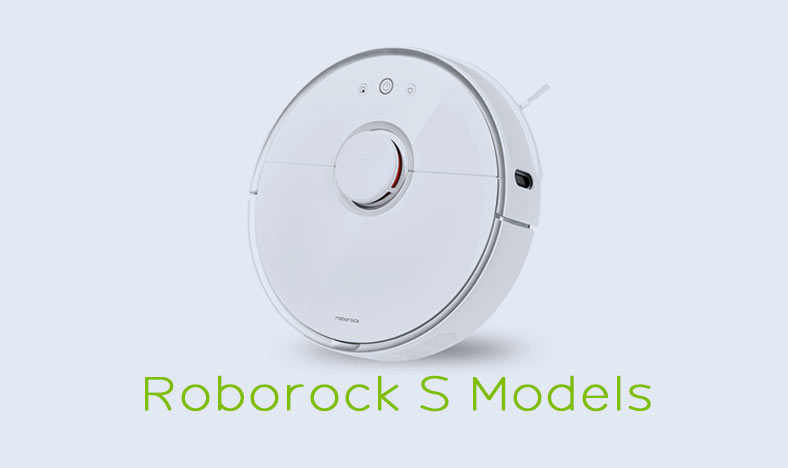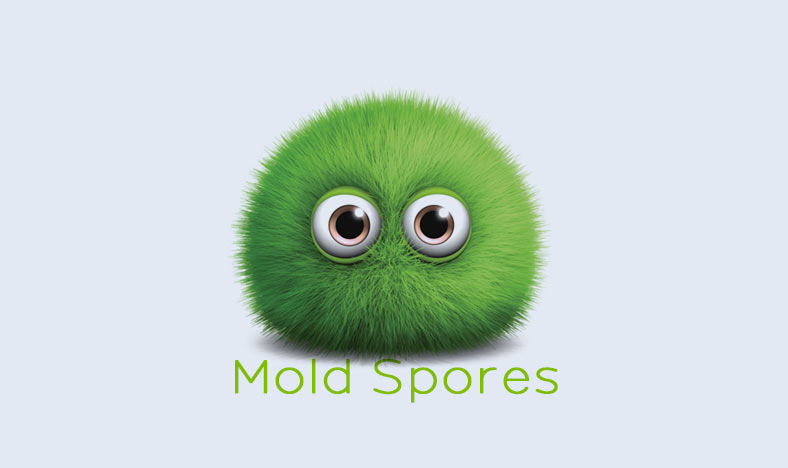At a glance, all vacuums accomplish the same task that everyone would expect them to. They all use air suction to remove dirt and other loose particles from the floor. You may not think about the kind of filter that the vacuum is using to capture all of that dirt and grime, the differences between each filter type can offer critical benefits that are worth considering.
What kind of vacuum filters are there, and how do they differ from each other? There is a myriad of vacuum filters available on the market, and certain types can only work with certain vacuum cleaners. Here are the three main filters, and the specific benefits they can offer:
- Bag Filter: This is the most common type of filter found in most generic vacuum cleaners. It gathers all of the dust and debris in the air and stores it all together.
- Water Filter: Found in special water filtration vacuums, water filters use water to catch all dust and debris and stores it in a water tank. As you clean, the water gets dirtier. This filter is known for a more efficient cleaning experience.
- Cloth Filter: These filters are found in large vacuums. They’re mainly used in industrial settings that are good for cleaning construction sites and shops. They’re reusable, and all you need to do it empty it, wash it, and put it back in.
Air filtration is always an important consideration to make. We’ve all entered a stuffy room that made breathing uncomfortable. Deciding what kind of filter to use can make a critical difference for the air you breathe in. But one size does not fit all. There are certain settings where each filter will be most beneficial, but how do we determine which one to use?
What’s The Difference Between Water, Bag, And Cloth Filters?
If you’ve been using normal bag filters to clean your home for a while now, then why would you consider using a water filter or cloth filter? At any given moment, there are six octillion particles (that is a six with 27 zeroes) floating around in the average-sized room. As you go in and out of the room over time, you can carry in anything from dust to bacteria, and even pathogens that will float around in the air. Those particles will eventually settle on the floor, but simple movement can send them soaring back into the air.
The Benefit Of Cleaner Air
Regular vacuum cleaners with bag filters are good at sucking up all the particles you don’t want in the air, but a sizable percentage of what is captured makes its way back into the air before reaching the trash. Vacuums that use water filters avoid this problem by merging the dust particles with the water, eliminating the dust’s ability to float.
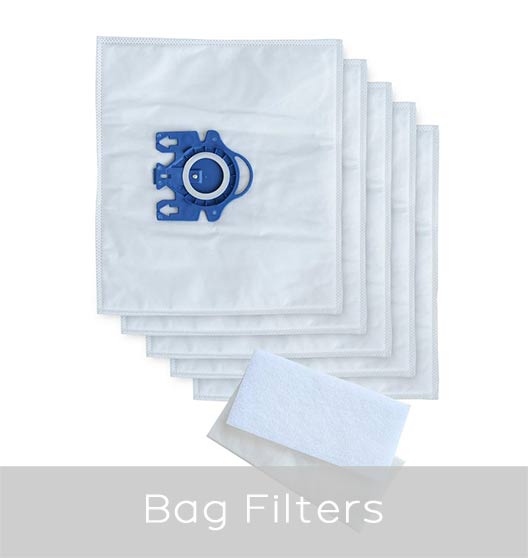
Certain water filtration vacuums will include a HEPA filter. HEPA filters are made of interlaced glass fibers that have been turned and twisted in various directions to create something of a fibrous maze. This maze acts as a web that traps particles that are as little as 0.3 microns! Particles of that size are small enough to go right through filters found on normal vacuum cleaners.
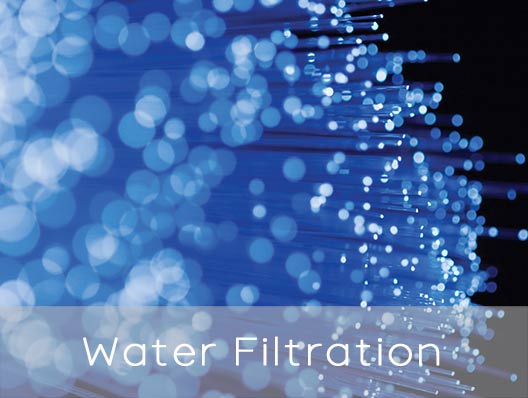
Cloth filters are different than normal bag filters and water filters. They are big and mainly used for cleaning in industrial settings. You’d find them most useful in cleaning construction sites and large shopping areas where many people gather. They don’t wash the air like the way water filters do. You can consider them to be the same as normal bag filters, except these are on a higher scale.

How do water filters clean the air differently than bag filters and cloth filters? Along with loose dust particles, animal and human hair get trapped in the water instead of getting stuck in the filter. Trapping everything in water allows for a more effective catch of dirt, debris, and odors. Because of this, you are also cleaning the air you breathe. People with allergies and asthma heavily benefit from this. Bag filters and cloth filters will still clean the area, but a sizable percentage of the air particles are re-released into the air.
Cleaning The Filter
Every time I go to clean out a filter of any kind, I always notice a small dust cloud that flies off of the collected dirt as it gets thrown away. Eventually, I will have to go back and clean those escaped air particles again. Bag filters and cloth filters are guilty of this, but vacuums that use water filters eliminate this altogether.
Instead of holding all of the dirt and grime in a bag that you will eventually have to switch out, water filtration vacuums hold everything in the water itself. As you go on cleaning, the water gets notably dirtier. This visual helps you gauge just how much gunk was in the air! To clean it, you simply throw out the dirty water and replace it with new water.
Which Vacuum Filter Is Best For You?
If you struggle with allergies or asthma, then it’s pretty clear that you would strongly benefit from a water filtration vacuum. But there are some downsides to owning one, and it’s worth looking at other types of vacuum filters before making your final purchase. As I stated above, all vacuum cleaners accomplish the same task at the end of the day, and it will always come down to personal preference and individual needs when it comes to which filter is best for you.
What are the downsides of getting a vacuum that uses a water filter? For starters, they are very expensive vacuum cleaners. Cheaper brands will start around $250, and the high-end brands can be as expensive as $1500! Clean up can also be a major hassle. If you accidentally drop a normal bag filter, then all you need to do is pick up the mess and throw it away. If you accidentally spill the dirty water that your vacuum has collected, then you’re going to have a bigger mess on your hands than you did before you started cleaning.
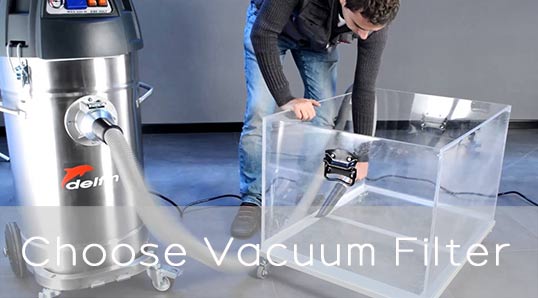
What kind of filter should you choose, and how will it benefit you? Here are some considerations to make in helping you decide which filter to choose:
- Bag Filter: Vacuums that use bag filters are moderately priced and available in all shapes and sizes. It’s easy to use, and the cleanup of the filter is easy. If you have no extra health concerns and only need to clean a regular-sized home, then it’s best to stick with a traditional bag filter.
- Water Filter: Individuals who struggle with allergies and asthma will benefit the most from vacuums that use water filters. It is also good for people who have pets that shed a lot, as it washes the air and sucks up all extra debris. Cleanup is easy and bagless.
- Cloth Filter: This is a much larger, more powerful version than a regular bag filter. If you’re cleaning a large industrial area, then this is your best pick. They last a long time because you can wash them and re-use them.
Conclusion
With all of the different vacuum filter options, it can seem daunting when it comes time to pick one. There is no need to worry though, because no matter which one you choose, you’re sure to get a good clean out of each filter. Water filters are good for washing the air, and cloth filters are good for large areas and extra dirt hauls. Normal bag filters will always suit your needs, but they won’t provide the extra clean of a water filter or mass quantity of a cloth filter. Whichever option you end up using, I hope that this article has helped you in making an informed choice.
